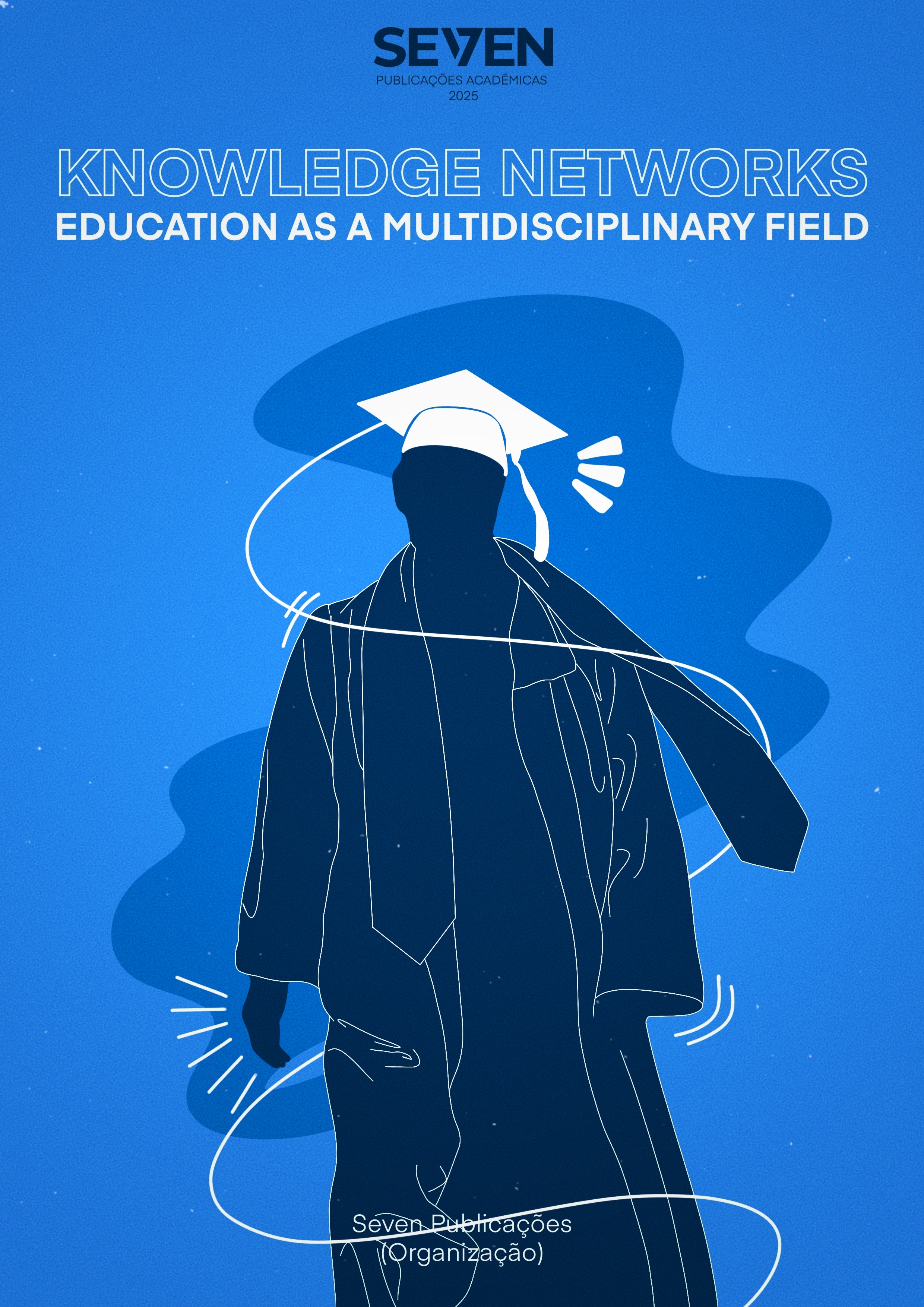KANT: ENLIGHTENMENT, EDUCATION AND HUMAN AUTONOMY
Keywords:
Kant, Enlightenment, Rationality, Autonomy, Education, MoralityAbstract
This paper analyzes Immanuel Kant's thought, highlighting the connection between enlightenment, education, and autonomy as foundations for educational development and the construction of human freedom. Enlightenment, according to Kant, is the way out of self-imposed minority—that is, the inability to think for oneself—a condition overcome through the public use of reason and the courage to be autonomous. Education, in this context, is not merely the transmission of content, but a historical and ethical process that forms the individual for rationality, requiring discipline, instruction, and moralization. Finally, autonomy is presented as the central principle of Kantian morality; it is acting according to laws that reason itself recognizes as universal, as imperative, constituting the ultimate purpose of education. Training for autonomy is, therefore, a practical, ethical, and political requirement, and is the foundation of a truly enlightened society.
Downloads
Published
Issue
Section
License
Copyright (c) 2025 Anderson Graboski de Almeida, Lauro Roberto Lostada, Francine de Abreu Tedeschi, Lidnei Ventura

This work is licensed under a Creative Commons Attribution-NonCommercial 4.0 International License.





